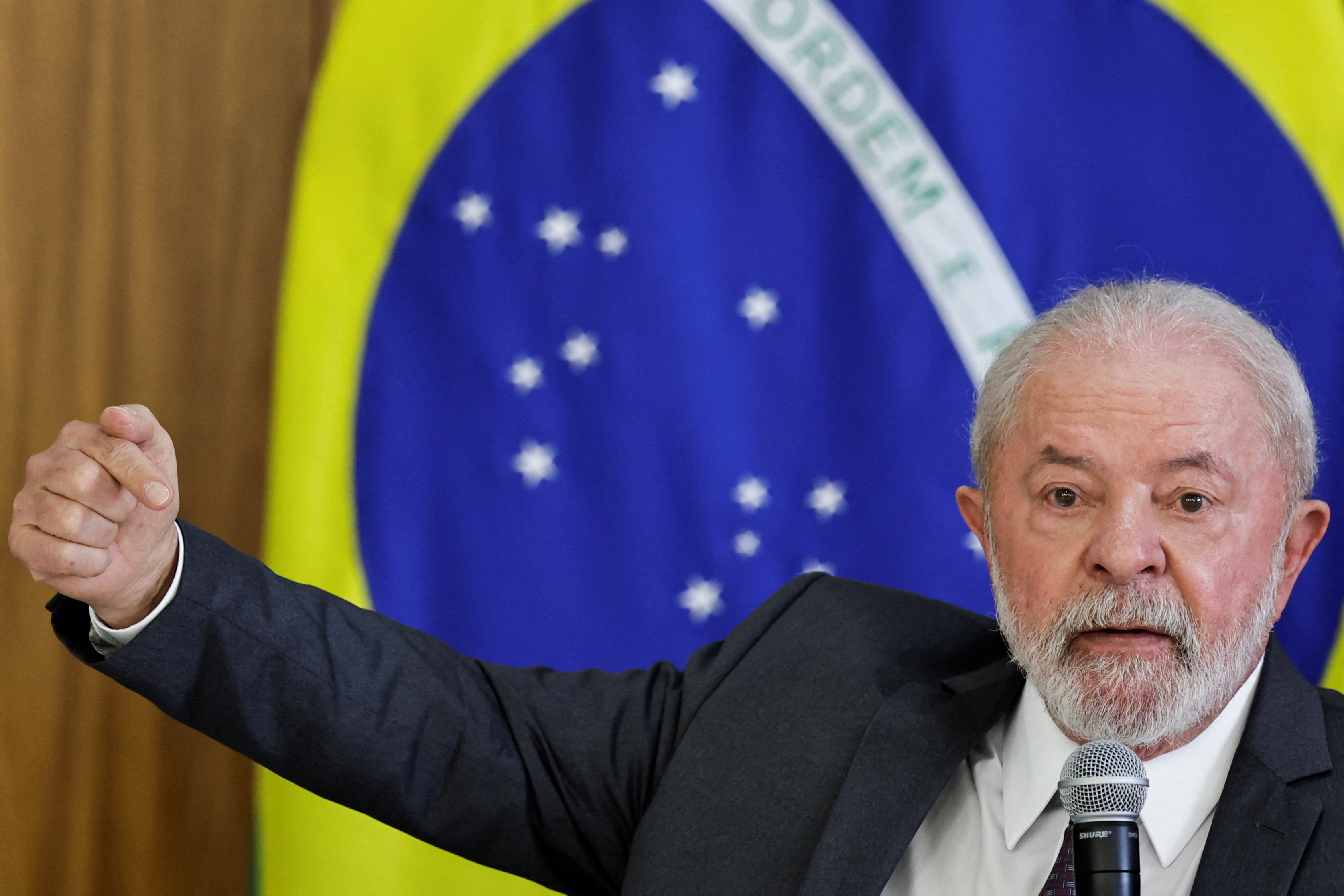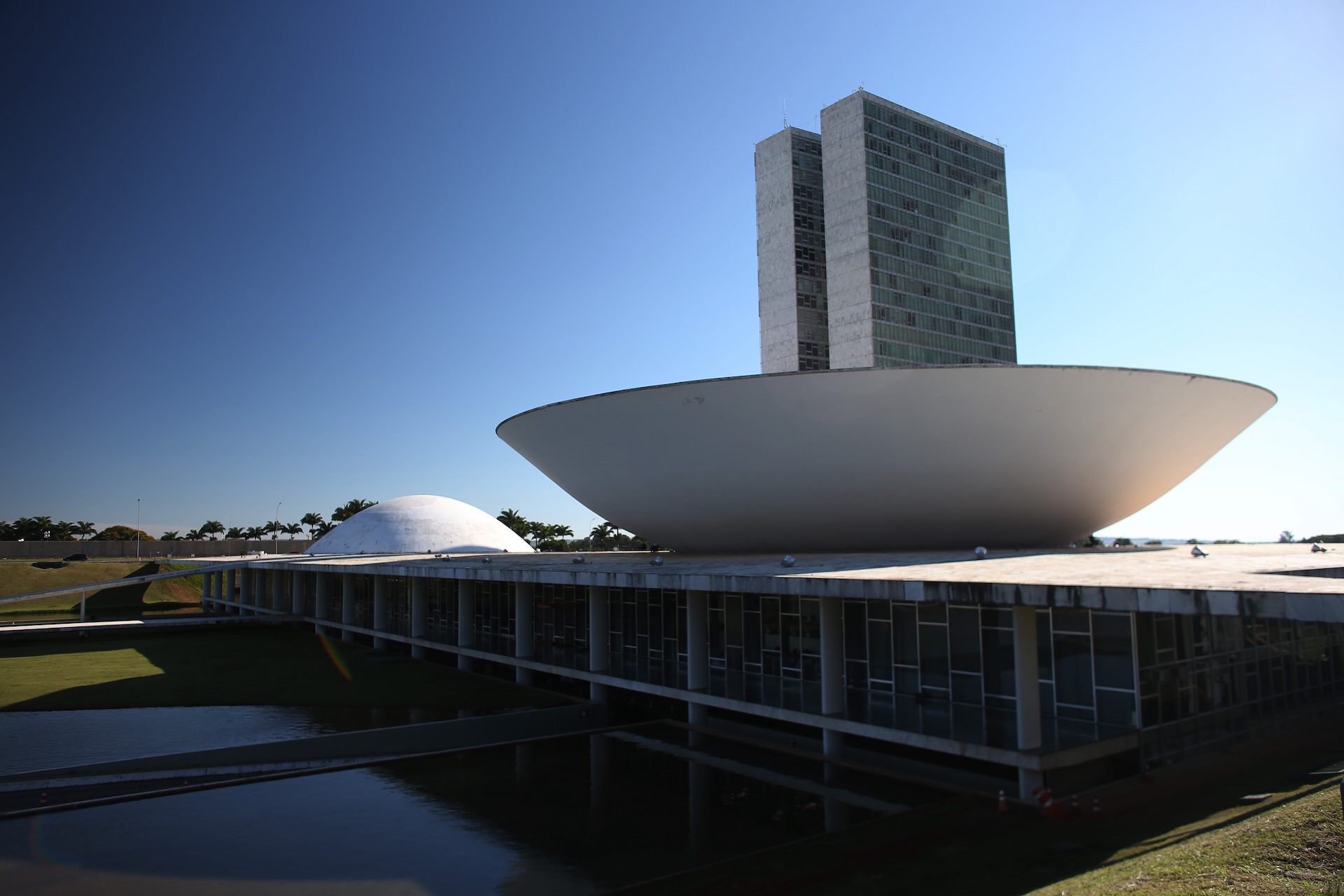President Donald Trump has unleashed a staggering 50% tariff on imports from Brazil, a move that reverberates far beyond trade disputes. This decision, framed as retaliation for the prosecution of former Brazilian President Jair Bolsonaro, reveals the depths of Trump’s authoritarian impulses and his disregard for the principles of democratic governance.
Economic Warfare Against Brazil
In a letter to Brazil"s current president, Luiz Inacio Lula da Silva, Trump justified the tariff as a response to what he termed an "unfair trade relationship" and labeled the ongoing legal actions against Bolsonaro an "international disgrace." This rhetoric is not just incendiary; it is a blatant manipulation of trade policy to serve personal political agendas, leveraging economic tools as weapons against perceived enemies. According to The New York Times, the value of the Brazilian real plummeted over 2% following Trump"s announcement, indicating immediate economic ramifications for the people of Brazil.
The Hypocrisy of Trade Deficits
Trump"s claims of a "trade deficit" with Brazil are misleading at best. The U.S. recorded a goods trade surplus of $7.4 billion with Brazil in 2024, according to the Office of the U.S. Trade Representative. This contradiction highlights the dissonance between Trump’s narrative and the economic realities. By imposing tariffs under false pretenses, Trump undermines not only Brazil"s economy but also the integrity of U.S. foreign policy.

Brazil"s Lula reaffirms promises in 100th day in office speech | Reuters
Targeting Civil Rights and Political Justice
This tariff is not merely an economic maneuver; it is a direct attack on Brazil’s judicial system and its attempts to hold a former leader accountable for actions that threatened democracy. Bolsonaro"s trial stems from allegations of attempting to overturn the results of the 2022 election, a clear violation of democratic principles. Trump"s intervention in this domestic affair is an affront to Brazil"s sovereignty and an endorsement of autocratic governance. By siding with Bolsonaro, Trump signals to authoritarian leaders worldwide that their actions can be shielded from accountability if they maintain loyalty to U.S. interests.
Potential Economic Consequences
The implications of this tariff extend beyond Brazil. As reported by Reuters, analysts are warning that such tariffs could lead to increased inflation in Brazil, exacerbating economic conditions for the country"s most vulnerable populations. The Brazilian central bank may find itself in a precarious position, forced to navigate the consequences of U.S. tariffs while trying to stabilize its economy amidst rising domestic pressures.

Brasília - DF
International Relations at Risk
This tariff escalation threatens to fracture U.S.-Brazil relations at a time when global cooperation is more crucial than ever. The unilateral approach taken by Trump jeopardizes not just economic stability but also diplomatic ties that have historically fostered collaboration on issues like climate change and human rights. Trump"s investigation into Brazil"s trade practices, targeting its regulations on digital trade, further complicates an already fraught relationship. Diplomatic avenues for dialogue are being closed off by a leader who prioritizes personal vendettas over international cooperation.



![[Video] Gunfire between Iraqi security forces and Sadr militias in Baghdad](/_next/image?url=%2Fapi%2Fimage%2Fthumbnails%2Fthumbnail-1768343508874-4redb-thumbnail.jpg&w=3840&q=75)
